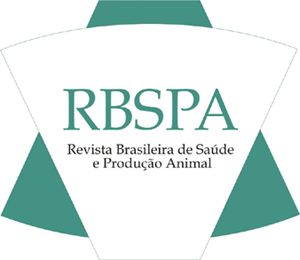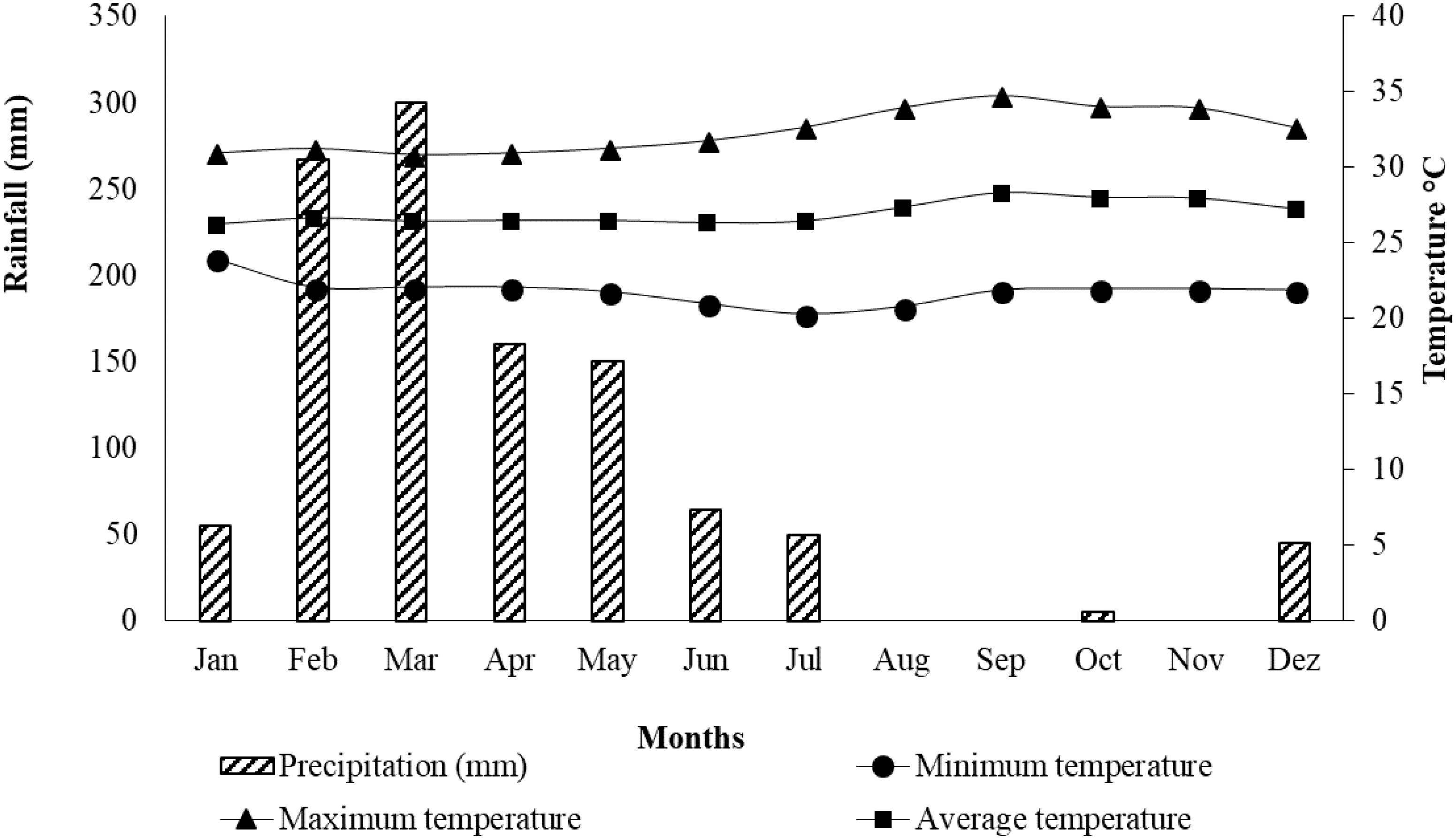SUMMARY
This study aimed to determine the area occupied by different tissues present in the leaf blade and the in situ degradability of leaf and stem of elephant grass (Pennisetum purpureum Schum.) under different defoliation frequencies (30, 45, 60, 75 and 90 days). Plants were classified into three levels of insertion in the tiller (apical, medial and basal). The results were presented as a proportion of the area of each tissue in relation to the total area of the leaf blade, namely, parenchyma tissue (PT), lignified vascular tissue (LVT) and non-lignified vascular tissue (NLVT). The proportion of tissue in the leaf blade is altered in accordance with the insertion in the tiller and increase in cutting age of the plant. PT has greater proportion at lower cutting ages, LVT increases with frequency and NLVT is higher at 60 days. The parameters of DM degradation in the two fractions evaluated decreased significantly with increasing maturity of the plant. The effective degradability of CP in leaf and stem decreased with the increase in the rate of passage (2, 5, and 8% h-1). The highest rate (c) of CP degradation for the leaf fraction was obtained with a frequency of 60 days, for the stem, with 45 days. The advance in plant maturity increases the proportion of lignified vascular tissue, thus influencing the ruminal degradation parameters of elephant grass. The defoliation frequency of 60 days offers an optimal point regarding the proportion of anatomical tissues correlated with the degradation of elephant grass.
Key words:
degradation potential; degradation rate; lignin; plant anatomy

 (Source: INMET, 2015)
(Source: INMET, 2015)